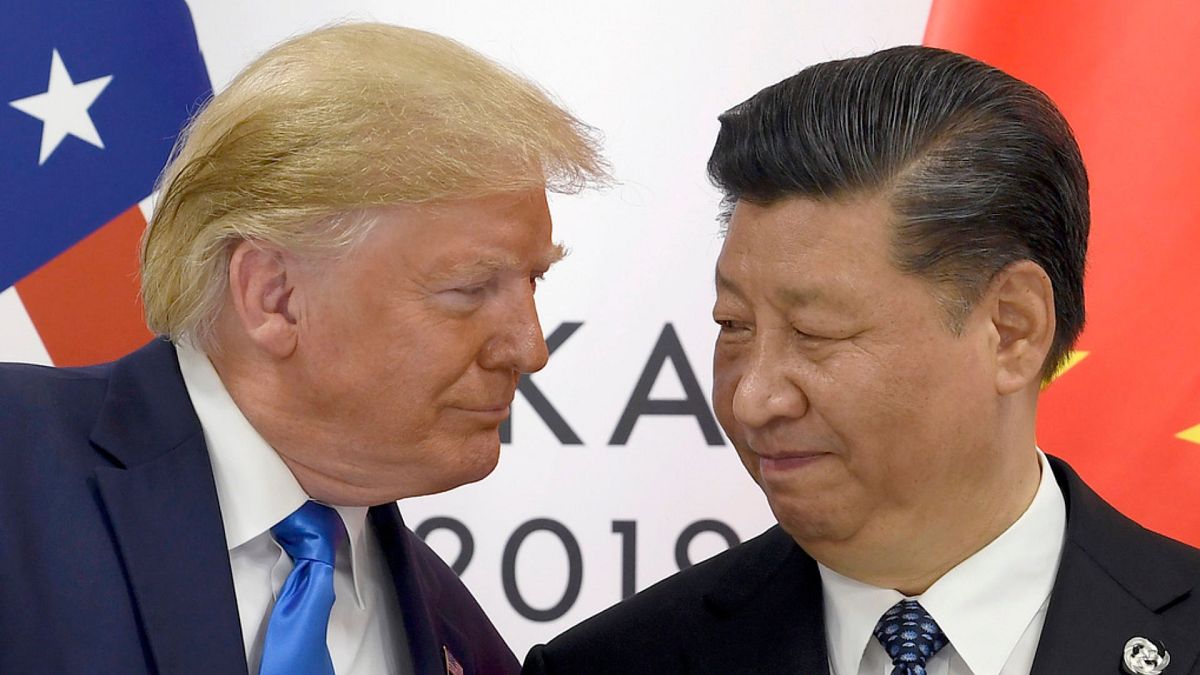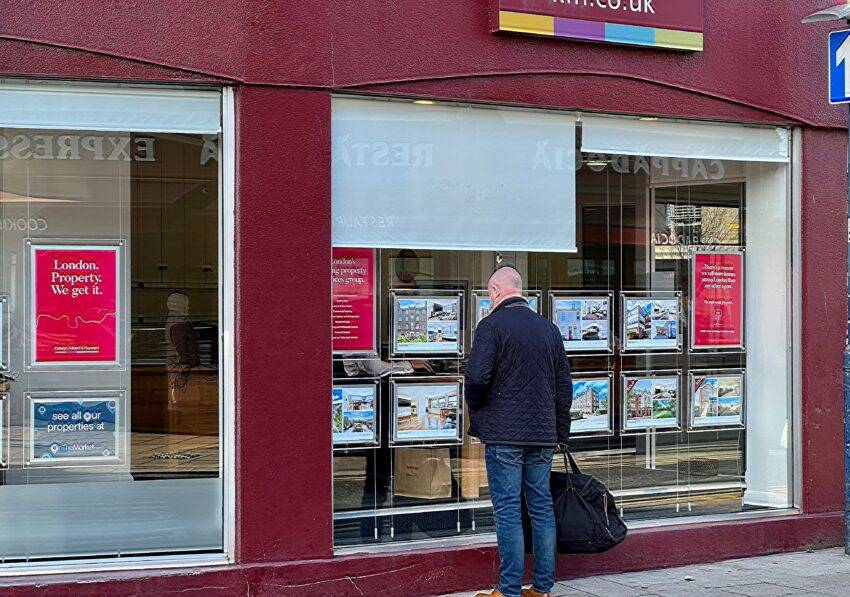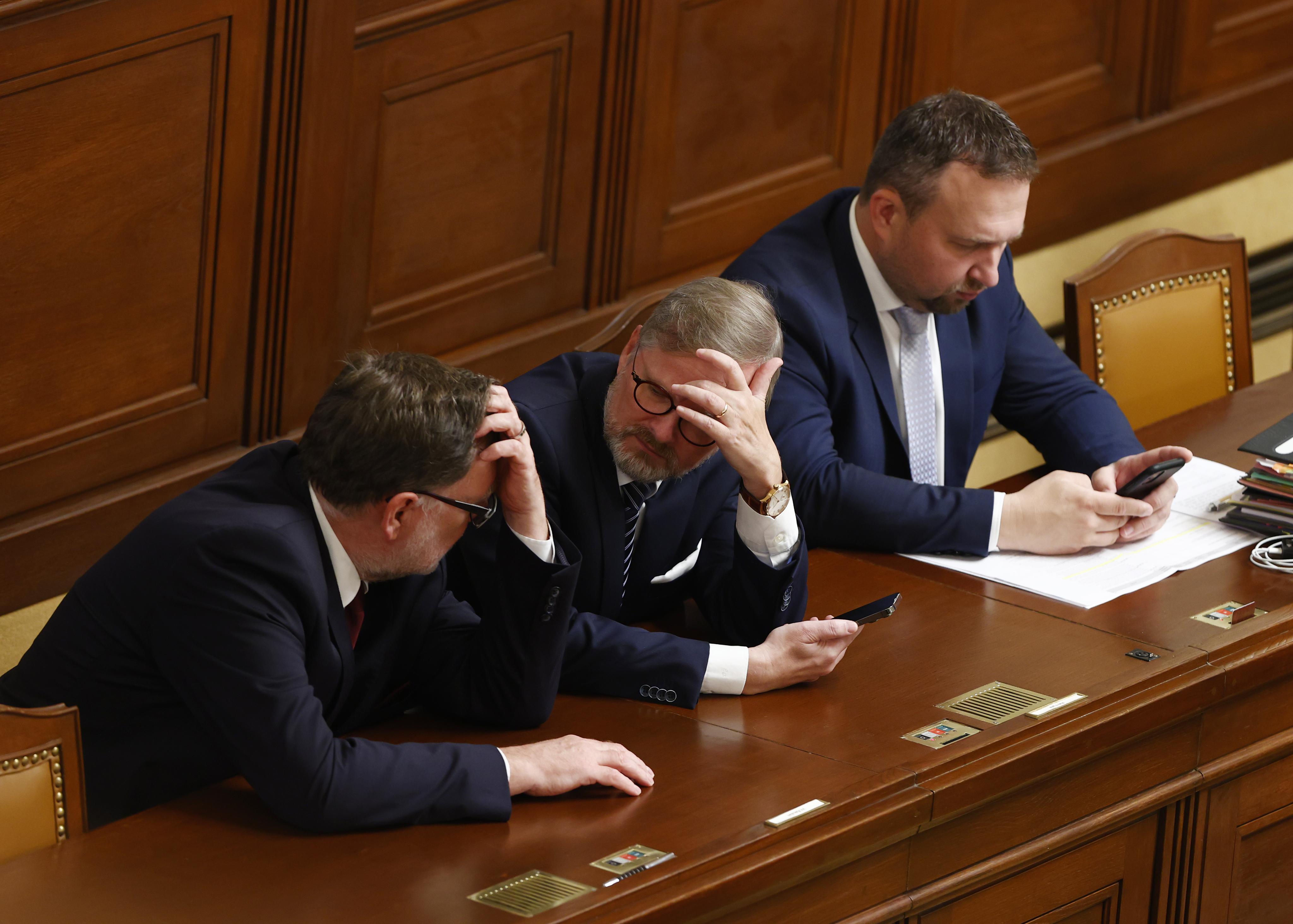Britain’s Winston Churchill shortage
Westminster is becoming a local place for local people — and that means fewer star politicians.
LONDON — In 1974, the Tory MP and noted diarist Alan Clark declared himself “sick of Plymouth” — the town on England’s south coast he represented for 18 years — and its “introspective, minuscule horizons.”
It would be more or less unthinkable for an MP to talk so dismissively about their patch in 2024.
Until relatively recently, members of parliament had a far looser relationship with their constituents than the vast majority enjoy today. The legendary Conservative Prime Minister Winston Churchill represented five different constituencies over the course of his long lifetime, and mentioned barely any of them during 60 years of speeches in the House of Commons.
But with many of today’s MPs obsessed with their local patch, some detect a dearth in the U.K. of high-caliber politicians capable of bestriding the national stage, let alone international affairs.
In the 1800s, some MPs were known to attend their seats only when the horse races were on. In 1994, one MP, who perhaps understandably preferred to remain anonymous, moaned to historian Donald Searing: “You’re opening the same bloody horticultural show or whatever it may be, and going to some cricket dinner year after year.”
Over the past 20 years, however, U.K. MPs have become increasingly local — both in their links to the places they represent, with a trend for parties to select local councilors or residents to contest seats at Westminster, and in the amount of time they devote to constituency matters compared to their other responsibilities.
This focus on constituency politics has become even more intense thanks to the volatility of recent U.K. elections, with many MPs seeing hard work in their local areas — rather than in parliament in the national interest — as the only way to retain seats they never expected to win.

A dangerous trend
Some believe the trend is changing politics for the worse, creating a tranche of MPs so consumed with local concerns they have little time or desire to become the great statesmen and women of the age in the mold of Churchill.
One new Labour MP, granted anonymity in order to speak freely, said they saw a relentless focus on local issues as their only hope of keeping their seat, and were therefore “not remotely interested” in becoming a minister, let alone reaching the Cabinet.
Veteran political journalist Michael Crick argued the tendency for politics to turn inward had already produced “some pretty parochial people who are, frankly, not up to the job of being government ministers,” and warned: “It’s only going to get worse.”
British MPs have no fixed job description but are expected to fulfill at least two functions: representing their electors at the national or international level, and sorting out constituents’ problems.
These can range from intervening in a visa application to sorting out a dispute over parking fines.
Philip Cowley, professor of politics at Queen Mary, University of London, said there was “an obvious, clear trend” by which MPs are carrying out more of this sort of work and less of the high-minded, Churchillian stuff.
He said the trend began to tick upward from the 1960s, as state services expanded while voters grew more educated and less tribal, a process that in turn shaped how people saw the job and who was attracted to it.
“If you showed an MP from the 1970s or even the 1980s how much constituency work MPs are now doing, they’d be really shocked,” he said.
Lib Dem-ification of MPs
Anecdotal evidence from MPs and parliamentary staff supports this diagnosis.
One parliamentary aide who has worked in Westminster since 2010, granted anonymity because they were not authorized to speak publicly, said that contacting a local MP “used to be an exception — sort of a last resort — but now it is much, much more common.”
They pointed out that before the advent of the internet, voters had to write to their MPs or call a landline number, meaning that contact was less frequent, whereas now people can fire off repeated emails or messages on X or Facebook.
Holly Lynch, a former Labour MP, said she too had witnessed “almost exponential growth in the amount of casework” during the period she represented the West Yorkshire seat of Halifax between 2015 and 2024.

She ascribed the growing constituent demands to various factors, including cuts to public services and legal aid, the impact of the Covid pandemic, and the loss of Britain’s MEPs dealing with international casework following Brexit in 2016.
The growth of casework in recent years has led some observers to argue that MPs are becoming “glorified social workers” or “super-councilors.”
The Liberal Democrat party, the country’s third-largest for most of the last century, has played a role in this phenomenon, achieving notable wins against larger parties with a focus on “pavement politics.”
Sam Fisk, the Lib Dems’ head of media at the recent election, confirmed the party’s electoral strategy had always stressed “campaigning harder at local level,” a approach that was repeated with success this year.
He claimed some Tory MPs were “furious” that “we mentioned local hospitals in Conservative-held seats — sometimes the first time that hospital had ever been mentioned in parliament, because Conservative MPs didn’t bother to turn up and talk about the NHS.”
No more Churchills
Making MPs more locally accountable might sound like a good thing, but not everyone agrees that it is.
It was once expected that talented politicians at the start of their careers would secure so-called safe seats in order to concentrate on achieving promotion and tackling national questions.
Tory big beast Michael Heseltine told the History of Parliament oral history project that in his formerly true-blue seat of Henley there used to be “an acceptance that if you have ambitious guys you can’t expect them to be doing the job of a local councilor.”
Cowley suggested the focus on locally-connected MPs presented “a problem in terms of candidate selection and the amount of quality to go around.”
“If you’re a really bright Conservative in the north-east of England [where the Tories have often performed badly in the past], are you supposed to just sit and wait for some seat to come up in the north-east, or are you allowed to go somewhere else?”
Crick, who chronicled the selection of this year’s parliamentary candidates, was more blunt, arguing there’s “almost an obsession” that to be a good MP “you’ve got to deal with several thousand constituency cases every year.”
“Actually,” he countered, “being an MP is not primarily about that. It’s about bigger stuff, about holding people in power to account.”

In this spirit, Cowley mentioned Churchill while Crick referenced Labour’s Tony Benn: two men now held up as giants of 20th-century politics. Both had few prior links to their seats, and might struggle to get selected there now.
Crying in the bathroom
Lynch agreed that constituency duties tend to pull MPs away from national-level concerns. “I always struggled that there were never enough hours in the day to feel like you were doing all the bits of the job well.
“Legislative scrutiny is having to take a back seat because of the volume of casework. Now, if we’ve collectively made a decision that the casework is what MPs should be doing, that’s okay, but I’m not sure we have.”
The strain of the dual role that MPs are expected to perform is already take its toll on the bumper crop of new parliamentarians elected this year, particularly in light of the recent fraught debate over assisted dying and ongoing tensions over the war in Gaza.
Rupert Lowe, an MP from the Reform Party, took localism to a new level when he surveyed his constituents on how to vote on the assisted dying bill, while other MPs undertook more informal soundings on the same issue.
This has been seen as a departure from British parliamentary tradition, in which MPs undertake to represent their electors’ interests rather than invite them to dictate how they should vote.
New MPs have taken to sharing lists of “casework wins” on their social media, and admit to finding the scrutiny they face over their votes on national issues more difficult.
One experienced MP said the cohort of new MPs elected this past summer was “burnt out” already, while multiple people have reported finding the 2024 intake visibly upset by the demands of the job, with tearful exchanges after difficult votes and MPs retreating to cry in bathrooms.
Localists in charge
At the same time, many in parliament are happy to defend the trend toward local accountability.
One new Labour MP for an inner-city seat said: “I don’t see it as a bad thing. I was a councillor before this and guess what? I like solving people’s problems.”
Fisk says that people sometimes “sneer” at the Lib Dems. “They just think we ‘only’ win because we deliver leaflets and knock on doors. But actually, I think it’s important for democracy.”
And while leadership on the national and global stage often contrasts with backyard politics, the Labour government led by Keir Starmer is trying to connect the two.

Starmer’s most powerful adviser, Morgan McSweeney, cut his teeth in local government and has stressed to Labour MPs that there is a direct link between mending potholes and restoring trust in mainstream party politics.
All signs point to the localism trend becoming more pronounced.
Even Reform leader Nigel Farage, who has hitherto left his mark on British politics in broad strokes, appears to be feeling pressure to court the voters of Clacton-on-Sea.
With an increasingly volatile electorate, and traditional assumptions about safe seats out the window, MPs of all stripes are looking over their shoulders at the next election and trying to prove their worth in tangible ways.
As Lynch observed: “If you do a piece of casework really well, they might tell one or two friends. If you do a bad job, they’ll tell everybody.”
Bethany Dawson and Rosa Prince contributed to this report.
What's Your Reaction?






































 Bretagne Nord Sotheby's International Realty - Château Costaérès (1).jpg?#)












